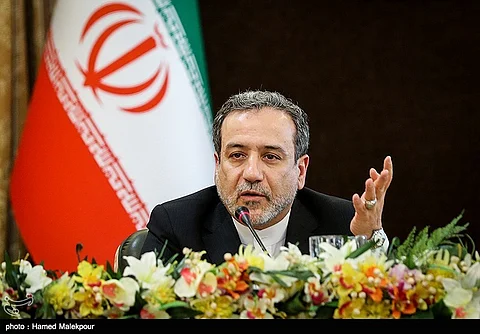

Iran has agreed to restart discussions with the so-called E3 nations—United Kingdom, France, and Germany—next week, as tensions continue to simmer following Israel’s 12-day war and renewed threats of European sanctions. According to Iranian Foreign Minister Abbas Araghchi, a phone call was held on Friday with his European counterparts and EU foreign policy chief Kaja Kallas, during which both sides agreed to convene next Tuesday at the deputy foreign minister level.
The talks come amid warnings from the E3 that they may trigger the “snapback” mechanism, reinstating sanctions on Iran if no progress is made by the August 31 deadline. This threat carries significant weight, as the Joint Comprehensive Plan of Action (JCPOA), signed in 2015, is set to expire in October, which would formally release Iran from its remaining treaty obligations. European officials have expressed concern that without renewed engagement, Iran may accelerate its nuclear program while further distancing itself from Western oversight.
Iran has repeatedly cautioned that the reimposition of sanctions would provoke retaliatory measures. On Friday, Ali Larijani, Secretary of Iran’s Supreme National Security Council (SNSC), reiterated that Tehran could consider withdrawing from the Nuclear Non-Proliferation Treaty (NPT) should the snapback be enforced. Such a move would further isolate Iran diplomatically and escalate tensions in an already volatile region.
Meanwhile, Iran has yet to agree to direct talks with the United States, citing the U.S.-backed Israeli strikes on its territory during the recent conflict, including reported bombings of three Iranian nuclear sites. Tehran has demanded binding security guarantees from Washington to prevent future attacks, as well as compensation for damages incurred during the hostilities.
Despite agreeing to meet the Europeans, Iranian officials remain skeptical about the prospects for de-escalation. Large-scale missile drills were conducted this week, and senior figures in Tehran have signaled that they believe another round of confrontation with Israel is likely, viewing the current ceasefire as a temporary lull rather than a lasting peace. The upcoming meeting is therefore seen as a last-ditch effort to salvage dialogue before the JCPOA framework fully unravels.